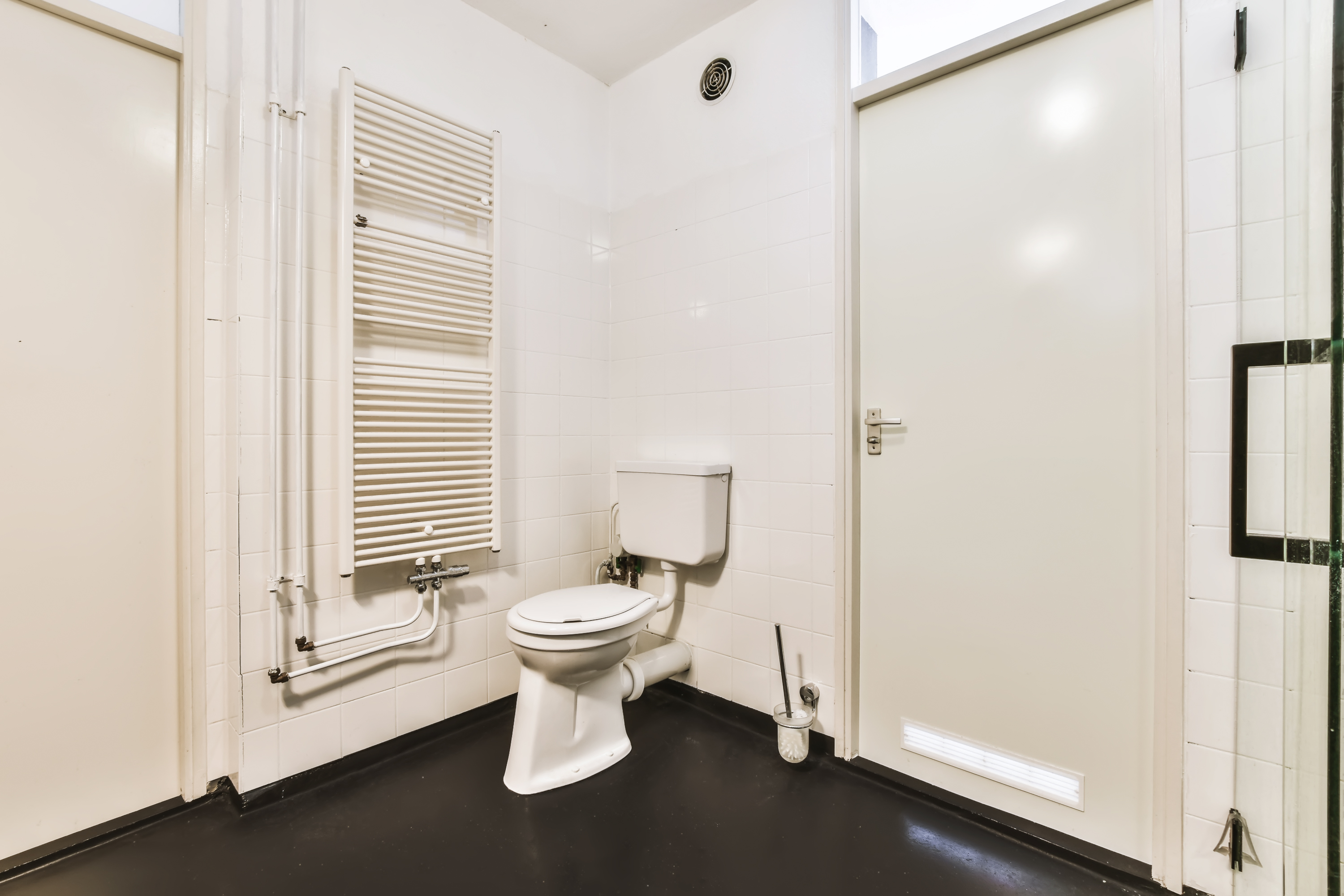What Your Poop Says About Your Health
In the world of health and wellness, understanding the subtleties of our body's signals is crucial. Among these signals, the state of our bowel movements is often overlooked, yet it holds a treasure trove of insights into our overall well-being. This article will delve into the nuances of stool analysis. Each section will explore a different aspect of what your poop can reveal about your digestive health, from color and consistency to frequency and odor. This comprehensive guide aims to equip you with the knowledge to interpret these signs and make informed decisions about your health, fostering a deeper connection with your body's unique language.
1. The Spectrum of Stool Colors: What Each Shade Signifies
The color of your stool is one of the most apparent indicators of your digestive health. While brown is the typical hue for healthy stools, variations can occur due to diet, medications, or underlying health conditions. For instance, green stools might result from a diet high in leafy greens or a rapid transit time through the intestines. On the other hand, black stools could indicate bleeding in the upper gastrointestinal tract, while pale or clay-colored stools might suggest issues with bile production, potentially pointing to liver or gallbladder disorders. Understanding these color variations is essential for identifying potential health issues early and seeking appropriate medical advice when necessary.
2. Consistency and Form: The Bristol Stool Chart Explained

The Bristol Stool Chart is a valuable tool for assessing stool consistency and form, offering insights into digestive health. This chart categorizes stool into seven types, ranging from hard lumps to entirely liquid. Ideally, stools should be soft and easy to pass, resembling types 3 or 4 on the chart. Hard, lumpy stools may indicate constipation, often caused by inadequate fiber intake or dehydration. Conversely, loose or watery stools might suggest diarrhea, potentially due to infections, food intolerances, or digestive disorders like IBS. By regularly monitoring stool consistency, individuals can adjust their diet and lifestyle to promote optimal digestive function.
